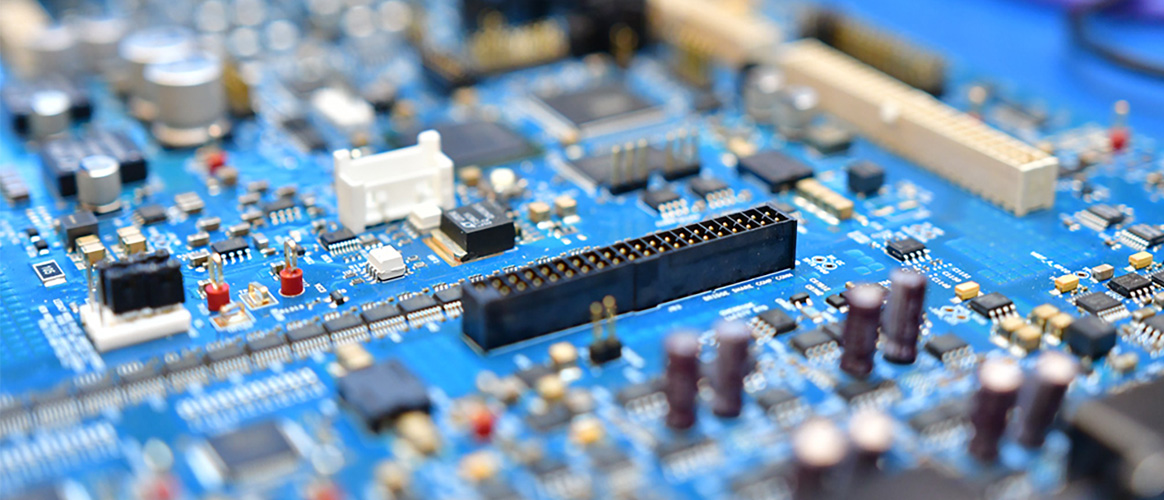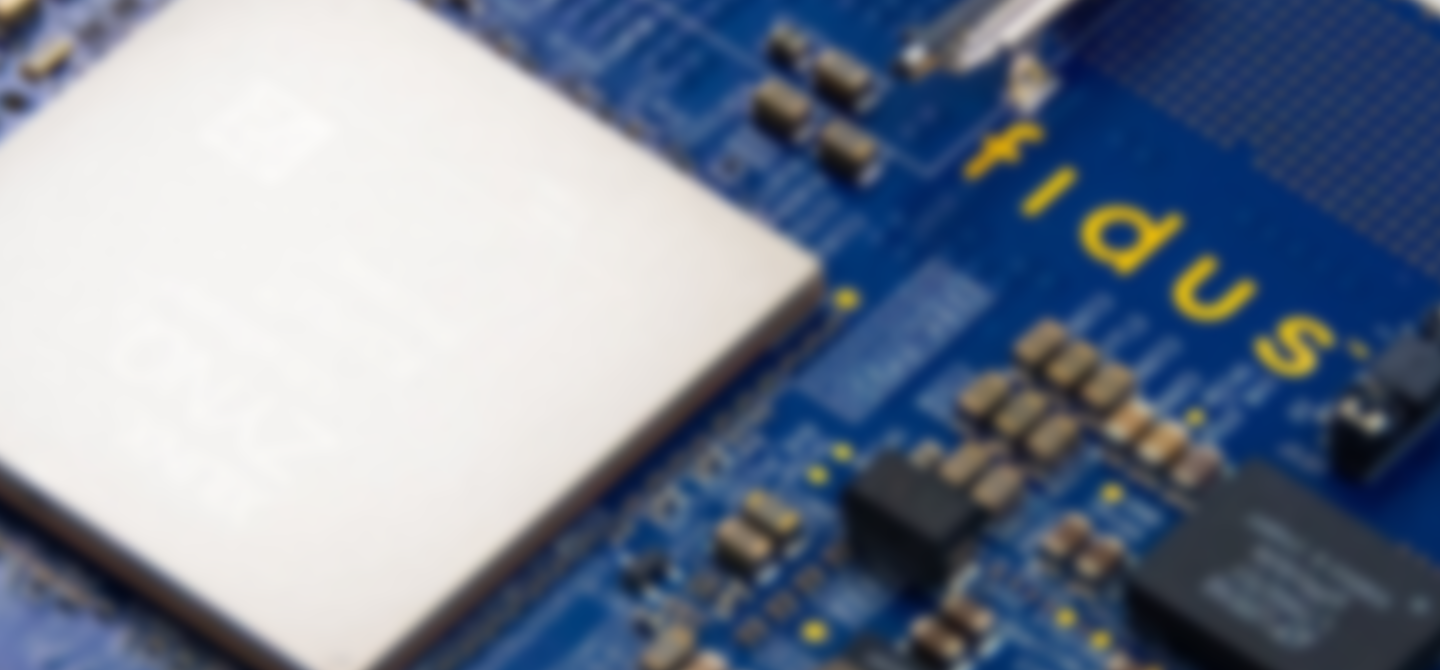Hardware-Based Security for Embedded Systems: Exploring Trusted Platform Modules (TPMs)
As embedded systems become more connected and exposed to cyber threats, software-only security is no longer enough. Trusted Platform Modules (TPMs) provide a hardware root of trust that anchors device integrity, safeguards cryptographic keys, and enables secure boot processes. This blog explores how TPMs strengthen embedded systems, from their core architecture and advanced features to real-world applications in automotive, industrial, and IoT devices — and what engineers must consider to future-proof TPM security against emerging threats.




